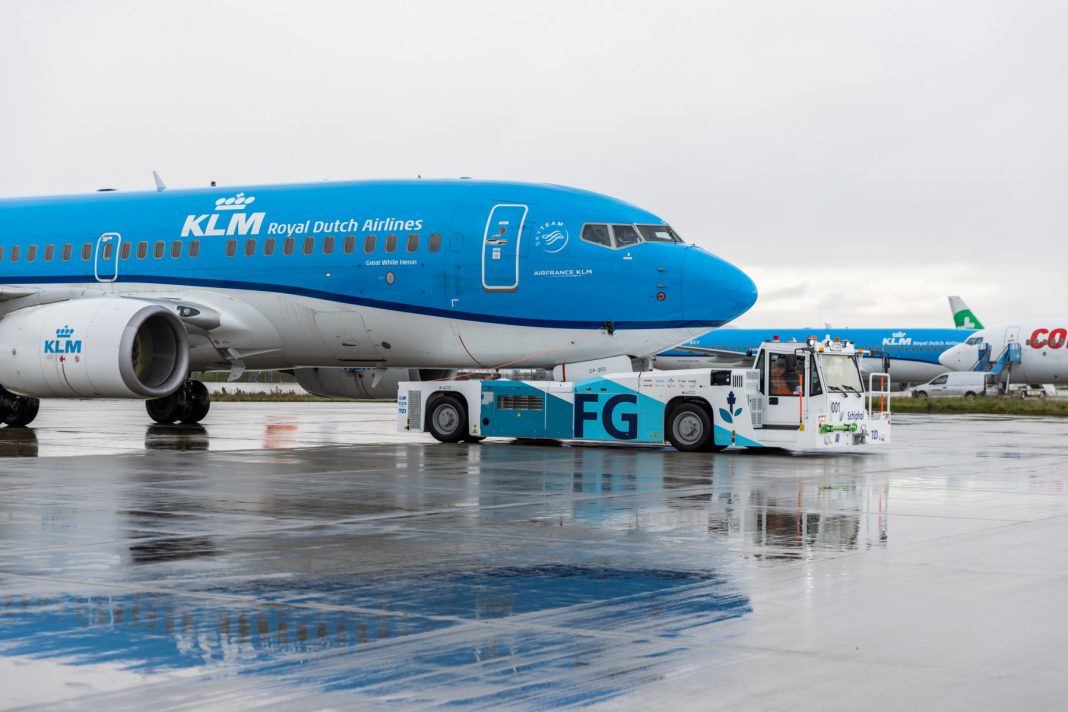KLM is committed to reducing its environmental impact as part of a transparent and responsible sustainability policy. An important part of this relates to its commitment to reduce Scope 1 and Scope 3 emissions by 30 percent per revenue tonne kilometre (RTK) by 2030 compared to 2019.
Together with Air France-KLM and Air France, this target was submitted and recently approved by SBTi’s Target Validation Team. SBTi has determined that it complies with the well-below 2°C trajectory set for the airline industry, as determined by the Paris Agreement signed in 2015.
The Air France-KLM Group designed a coherent approach developed within the Group’s Destination Sustainability strategy with the ambition of CO₂ emission reduction based on three main pillars. The SBTi targets approval is a key element for the Group to ensure that Air France-KLM decarbonization strategy is coherent with scientific objectives.
Together with Air France-KLM and Air France, KLM has strong ambitions when it comes to making aviation more sustainable and balancing the development of our network with the environment. This requires major and fundamental decisions regarding our fleet, operations and our fuel use. The Science Based Targets and the associated CO2 reduction trajectory provide clarity and at the same time entail major challenges. To make them feasible and possible, we work closely with each other and with our sector partners to come up with technical solutions and innovations that support the energy transition in aviation.
KLM is committed to reducing the environmental impact of its activities as far as possible. The following three pillars are important to this approach:
A plan to modernize and renew the Air France and KLM fleets with the latest generation of aircraft emitting 20 per cent to 25 per cent less CO2 compared to their predecessors. With the objective of 64% of new generation aircraft in the fleet by 2028, Air France-KLM currently invests over €2 billion annually in the acquisition of Airbus A220s, Airbus A320s and A321neo aircraft, Airbus A350s, Boeing 787s and Embraer 195‑E2s, which are amongst the most efficient aircraft in their respective categories.
The use of sustainable aviation fuel (SAF). This non-fossil-based fuel can be produced from industrial or domestic waste, which contributes to a more circular economy, and the SAF sourced by Air France-KLM does not compete with the food chain for people and/or animals. Two off-take agreements were signed in November 2022 to secure 3 per cent of the 10 per cent of our SAF objective by 2030.
The improvement of operational efficiency by favoring more direct routes and introducing procedures that reduce fuel consumption (single-engine taxi, continuous descent).
Additionally, KLM cooperates with a wide variety of sector partners. We are committed to developing innovative solutions for aircraft design and maintenance, engines and synthetic fuels. Aside from the target that has now earned SBTi validation, KLM is also committed to achieving other objectives intended to reduce our environmental impact.


